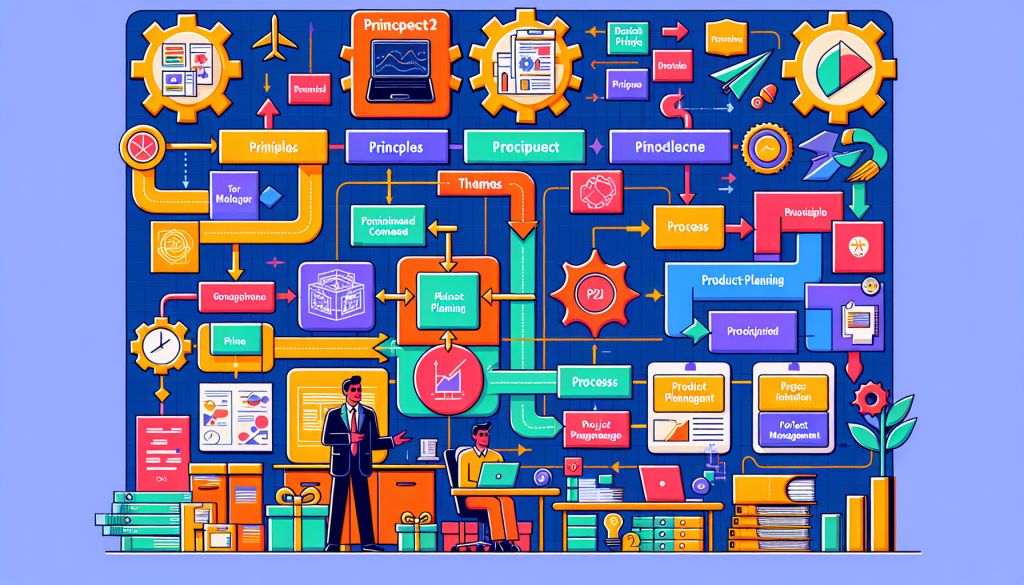In the world of project management, PRINCE2 is a widely recognized and respected methodology that provides a framework for delivering successful projects. At the heart of PRINCE2 are its Essential Principles, which serve as the foundation for the approach and guide practitioners in how to effectively apply the methodology.
The Essential Principles of PRINCE2 are a set of seven fundamental concepts that underpin the methodology and are essential for its successful implementation. These principles are universal and can be applied to any project, regardless of size, complexity, or industry.
The first principle of PRINCE2 is Continued Business Justification, which emphasizes the importance of ensuring that a project remains viable and aligned with the business objectives throughout its lifecycle. This principle ensures that resources are allocated efficiently and that projects deliver tangible benefits to the organization.
The second principle is Learn from Experience, which encourages project teams to reflect on past projects and incorporate lessons learned into future endeavors. By taking a proactive approach to learning and improvement, organizations can avoid repeating mistakes and optimize their project delivery processes.
The third principle of PRINCE2 is Defined Roles and Responsibilities, which clarifies the roles and responsibilities of all project stakeholders. By clearly defining who is responsible for what, teams can work more effectively together and avoid confusion or duplication of effort.
The fourth principle is Manage by Stages, which breaks a project down into manageable stages or phases, each with its own set of objectives and deliverables. This approach allows for better control and monitoring of the project, as well as the flexibility to adapt to changing circumstances.

The fifth principle is Manage by Exception, which empowers project managers to make decisions at the appropriate level of authority. By setting tolerances for key project parameters, such as time, cost, and quality, organizations can ensure that managers have the autonomy to act decisively while still maintaining oversight and control.
The sixth principle of PRINCE2 is Focus on Products, which emphasizes the importance of defining and delivering tangible products or outcomes throughout the project lifecycle. By focusing on what needs to be delivered, rather than just the activities to be carried out, teams can ensure that projects are aligned with the desired outcomes and deliver real value to the organization.
The final principle of PRINCE2 is Tailor to Suit the Project Environment, which recognizes that every project is unique and may require adaptations to the methodology to be successful. Top 10 Advantages of Adopting PRINCE2 . By tailoring the approach to fit the specific needs and constraints of the project, organizations can maximize the chances of success and deliver projects that meet their objectives.
In conclusion, the Essential Principles of PRINCE2 provide a solid foundation for project management success and guide practitioners in how to effectively apply the methodology. By adhering to these principles, organizations can improve their project delivery processes, increase efficiency, and deliver better outcomes for their stakeholders.